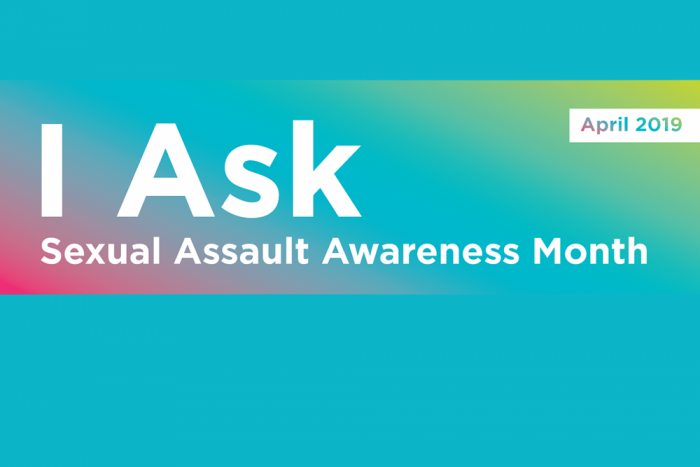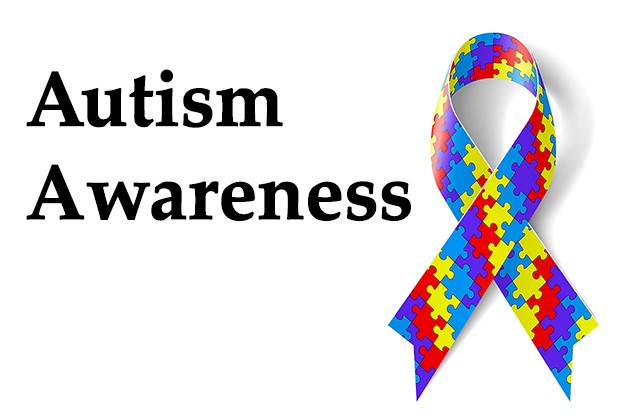2019 marks the official 18th anniversary of Sexual Assault Awareness Month (SAAM) — but did you know we can trace its history even further back?
Even before its official declaration, SAAM was about both awareness and prevention of sexual assault, harassment, and abuse. Looking at the history of the movement to end sexual violence, it’s clear why: it’s impossible to prevent an issue no one knows about, and it’s difficult to make people aware of a problem without providing a solution. The two work in tandem, and they always have. From the civil rights movement to the founding of the first rape crisis centers to national legislation and beyond, the roots of SAAM run deep.
Roots of the Movement
As long as there have been people who care about making the world a better place, there have been individuals advocating for sexual assault prevention. In the United States, movements for social change and equality began to gain traction in the 1940s and 50s with the civil rights era. Although open discussion of the realities of sexual assault and domestic violence were limited at these times, activists for equal rights began to challenge the status quo.
Sexual Assault Awareness Month is about more than awareness — the ultimate goal is prevention. Since consent is a clear, concrete example of what it takes to end sexual harassment, abuse, and assault, this year’s theme centers on empowering all of us to put consent into practice. The campaign theme, I Ask, champions the message that asking for consent is a healthy, normal, and necessary part of everyday interactions.
Sexual assault is a serious and widespread problem. Nearly one in five women in the US have experienced rape or attempted rape at some time in their lives, and one in 67 American men have experienced rape or attempted rape. When we talk about prevention, we mean stopping sexual violence before it even has a chance to happen. This means changing the social norms that allow it to exist in the first place, from individual attitudes, values, and behaviors to laws, institutions, and widespread social norms. Prevention is everyone’s responsibility: All of us can create and promote safe environments. We can intervene to stop concerning behavior, promote and model healthy attitudes and relationships, and believe survivors and assist them in finding resources.
The National Sexual Violence Resource Center (NSVRC) is the leading nonprofit in providing information and tools to prevent and respond to sexual violence. NSVRC translates research and trends into best practices that help individuals, communities, and service providers achieve real and lasting change. The center also works with the media to promote informed reporting. Every April, NSVRC leads Sexual Assault Awareness Month (SAAM), a campaign to educate and engage the public in addressing this widespread issue.
Be sure to share your sexual assault awareness programs and activities on social media, and feel free to share on the RCPA Facebook page and Twitter feed as well.















